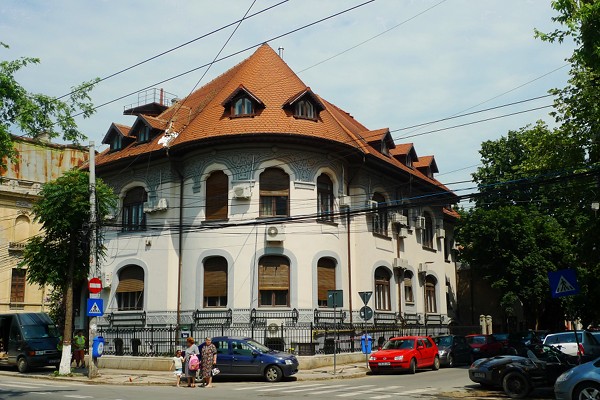 Thirty years ago, Red Sox general manager Theo Epstein probably wouldn't have had the chance of becoming a big league GM. That may even have been true 20 years ago.
Thirty years ago, Red Sox general manager Theo Epstein probably wouldn't have had the chance of becoming a big league GM. That may even have been true 20 years ago.He never played or coached professional baseball, college baseball, or even high school baseball, was never an agent, and he got his break while an undergraduate student at Yale University (where he served as sports editor of the Yale Daily News) when he snagged a press internship with the Baltimore Orioles.
That doesn't seem like a likely path to becoming a big league GM, especially by the age of 29, but Epstein -- who also completed his law degree at the University of San Diego School of Law while simultaneously serving as Director of Baseball Operations for the San Diego Padres -- managed to pull it off.
In fact, not only did he become a GM, but two World Series championships later, he's emerged as one of the best. According to an anonymous poll of 12 GMs conducted by Buster Olney, Epstein is the best GM in baseball. Here's the excerpt:
IF YOU NEEDED A GM, WHOM WOULD YOU HIRE? - Epstein (8 out of 12 votes) "Theo's career has been helped by being in Boston, but I think that if you had put him in Kansas City five years ago, they'd be pretty good right now. If you were an owner, it would be hard to find someone better."If its true that earning the respect of one's peers is the best measure of one's success, then Epstein's done extremely well. While it's hard to know if Epstein's legal training has helped him as a GM, I would venture a guess that it has. As anyone who attends or has attended law school knows, law school is extremely challenging and it forces people to be specific, use logic, and avoid reaching conclusions without explaining one's reasoning. I imagine when thinking about trades and player contracts, and drafting players, those are helpful attributes, even if they might make people occasionally seem less decisive.
Hopefully we'll see other law school grads who lack personal athletic achievement enter and excel in the professional sports world in management positions. Epstein of course isn't the only law school grad who's achieved success in team management -- Celtics Assistant GM Mike Zarren, a 2005 graduate of Harvard Law School, is one that immediately comes to mind, as does Sacramento Kings Assistant GM Jason Levien -- but he's probably had the most success, at least so far.


























